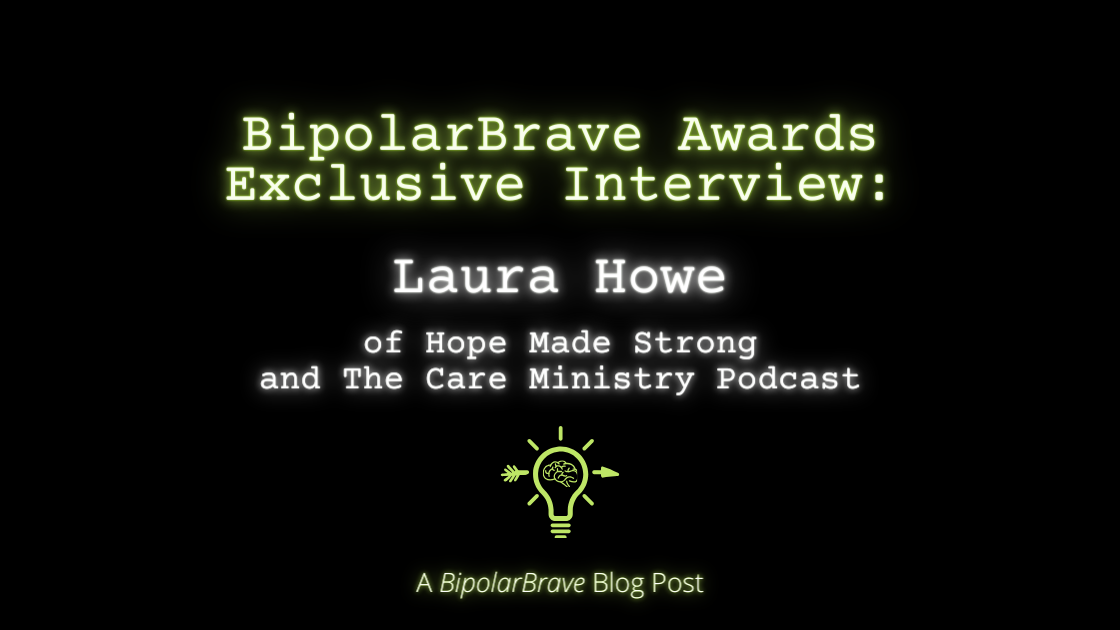Why did you start your ministry?
Because I was frustrated, and God told me to. Working in the mental health space in a mental health clinic and serving my local church, I was frustrated at the disparities: the language, lack of dignity, lacking collaborative spirit, and no-strings-attached support versus agenda’d offerings that I was finding in the church. I was frustrated by the different disparities and thought we could do better.
The other aspect was that I experienced a significant experience of compassion fatigue and burnout, and at the time there was a public suicide by a pastor advocate of suicide prevention. It made sense to me because the suicide rates among first responders are higher than the general population, and everyone seemed shocked. There was an awareness, and “a-ha” moment that there wasn’t a lot of training and support available for ministry leaders on their well-being. During my experience of trying to get well and take time off from my burnout, God led with this idea of Hope Made Strong. I said, “Okay, I’m willing to do anything. Let’s give this a try.”
I feel like I’m at the ri ght time and the right place. It’s more of, I’m excited to be on the ground level when this is really starting to take off. I think it’s people like you, Tony Roberts, Brad Hoefs, Steve Grcevich, and others who’ve paved the way for this, I just came in at Covid when the tech was coming into the picture. I happened to be here at the right time and place to help the church in all these capacities.
ght time and the right place. It’s more of, I’m excited to be on the ground level when this is really starting to take off. I think it’s people like you, Tony Roberts, Brad Hoefs, Steve Grcevich, and others who’ve paved the way for this, I just came in at Covid when the tech was coming into the picture. I happened to be here at the right time and place to help the church in all these capacities.
In a few sentences, share your ministry’s measurable achievements.
The Church Mental Health Summit is the largest online event around faith and mental health in the world.
The Care Ministry Podcast is around 3,000 downloads a month, and 65,000 downloads in total. [In the church] we’re bringing a lot of conversation around mental health but maybe not care ministry. One of the things I’m proud of and hoping to accomplish creating tools and resources to help the church care and be equipped to serve the community.
In terms of community, we rally over 4,000 people around care ministry and mental health. For churches, we’ve developed courses, coaching, and cohorts with over 415 participants. For Mental Health Sunday, we offer a resource with over 1,300 downloads.
What are your future plans for your ministry? Anything noteworthy to give us a heads-up about?
Two things. One is the Church Mental Health Summit, for the last four years, has been online only. We’re opening up opportunities for local churches and organizations to create local Church Mental Health Summits in their communities. We will assist them with doing that regionally with local resources and experts.
The other thing is, I’m hoping to develop an online community outside of social media where people can connect and share. To facilitate friendships and collaborations.
Two Peruvians happened to be in the same breakout room in a cohort we hosted. Someone in Rowanda and an ex-pat in North America and native Rowandan happened to be in a breakout Zoom meeting and connected. This is starting to happen and that’s where people can collaborate and do it together.
The online community should hopefully launch by the fall with the summit. Its purpose is for more people to engage and connect.
Where do we find out more about your ministry and how can we support you?
On social media, Instagram and the Care Ministry Podcast – hopemadestrong.org/podcast, and also CareMinistryPodcast.com. Follow us, listen to the podcast, and Mental Health Sundays are available to pay what you want like a donation. Sign up for the ChurchMentalHealthSummit as well – registration for 2024 has opened!


What do you think?